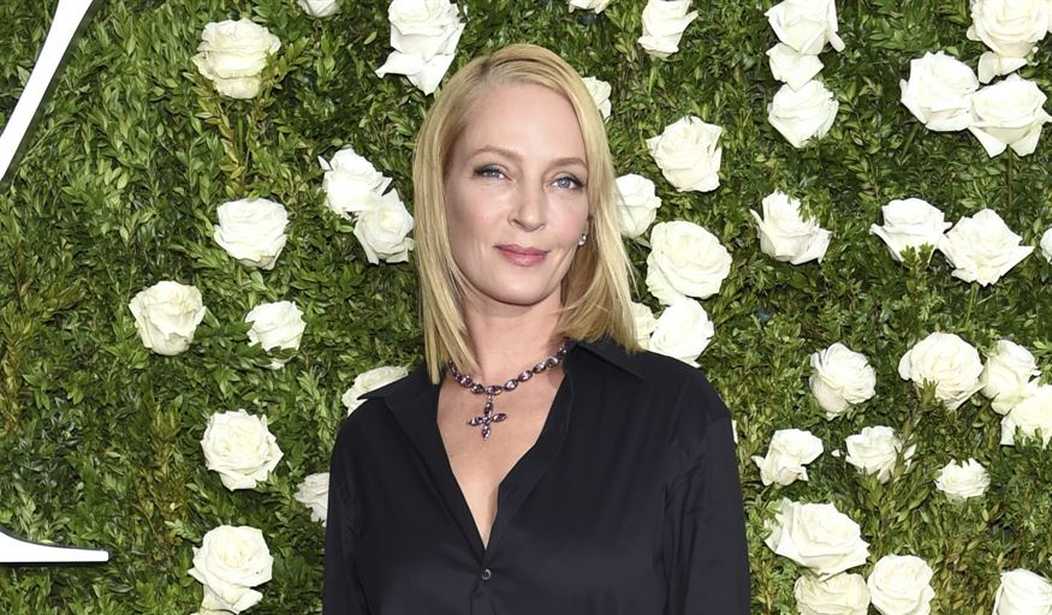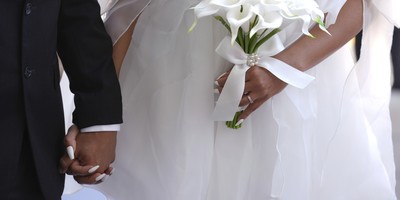Abortion activists and many in the media are applauding actress Uma Thurman for writing publicly about her abortion. Her story, they claimed, supported abortion. But if they had taken a closer look, it revealed something else: heartbreak, pain, and tragedy.
On Sept. 21, the Washington Post published an opinion piece with the headline reading “Uma Thurman: The Texas abortion law is a human rights crisis for American women.” Inside, the 51-year-old actress reacted to the new state law limiting abortion “with great sadness, and something akin to horror.” But she spent most of her time telling her own abortion story.
Her abortion was the “path to the life full of joy and love that I have experienced,” she wrote, and it “allowed me to grow up and become the mother I wanted and needed to be.” It also broke her.
Thurman found herself pregnant as a teenager just starting out in her career, she said. Her relationship with the father, a much older man, was “not viable.”
Still, she didn’t want an abortion.
“I wanted to keep the baby, but how?” she asked.
But then, her “childish fantasy of motherhood was soundly corrected” by her parents, she said. “We decided as a family that I couldn’t go through with the pregnancy, and agreed that termination was the right choice.”
These were her circumstances, as she explained it: She didn’t have a relationship with the father. She didn’t have her family’s support to keep her baby. She didn’t have the financial means for a stable home.
Recommended
She sought an abortion, she wrote, but her “heart was broken nonetheless.” In other words, she seemed to say, abortion was her choice because she didn’t feel like she had a choice – the choice to pursue what she initially wanted: “the baby.” Her baby.
With the help of a friend, she obtained an abortion in Germany. More than 30 years later, the memory still haunts her.
“There is so much pain in this story,” she admitted. “It has been my darkest secret until now.”
“The abortion I had as a teenager was the hardest decision of my life, one that caused me anguish then and that saddens me even now,” she said, confessing to “the hole that this decision carved in me.”
“I can assure you that no one finds herself on that table on purpose,” she concluded.
Today, she said, she has three children, her “pride and joy.”
“I conceived my beautiful, magical children with men whom I loved and trusted enough to dare to bring a child into this world,” she wrote, adding that she had no regrets. They were children she had the support to raise.
In response to Thurman, abortion supporters and media figures recognized her story for showing the “good” of abortion.
“Thank you for speaking out, Uma Thurman,” tweeted Renee Bracey Sherman, an abortion activist who heads We Testify, an organization that promotes positive abortion stories.
Several women in the media agreed that Thurman’s abortion enabled her to be a better mom later in life.
“Abortion isnt the antithesis of motherhood. Its often the catalyst; the thing that allows us to be moms when we're ready,” argued Danielle Campoamor, an abortion writer who has been published by the Washington Post, the New York Times, CNN, and other outlets.
Feminist writer and author Jill Filipovic shared similar sentiments.
“Uma talks about her ‘beautiful, magical children,’” she wrote in a Twitter thread. “And she doesn't say this -- maybe doesn't even think about it in these terms -- but those beautiful, magical children wouldn't be here, and wouldn't had had Uma as a mother, without that abortion years before.”
A lone voice criticizing Thurman, New York Times health columnist Tara Parker-Pope tweeted about what she didn’t like with Thurman’s op-ed.
It “plays into this false narrative that women who choose abortion are traumatized by it,” she complained. “It's simply not true. Plenty of women are fine with their decision, feel no shame or guilt, and move on.”
“I think Uma's story illustrates that some women feel shame and trauma -- but that's because we live in a society that shames and traumatizes women who exercise control over their own bodies,” she concluded.
Or is it? While many in the media regularly promote positive abortion stories, women who regret their abortions exist, as do the pro-life organizations that counsel them – from Silent No More Awareness Campaign to Rachel’s Vineyard. Their stories say otherwise.
The pro-life movement does something else too: It supports pregnancy centers that provide women in need with everything from free housing and health care to educational classes and job support. According to Charlotte Lozier Institute, the research arm of pro-life group Susan B. Anthony List, these centers serve millions every year. That’s not to mention what pro-life individuals do personally.
They do this so that women don’t feel pressured to choose abortion because it’s the only choice they see. They do this to empower women to choose life for their babies.

























Join the conversation as a VIP Member